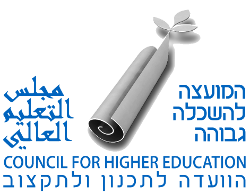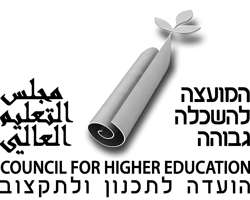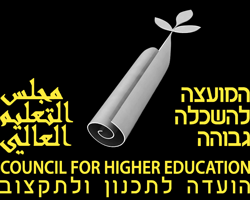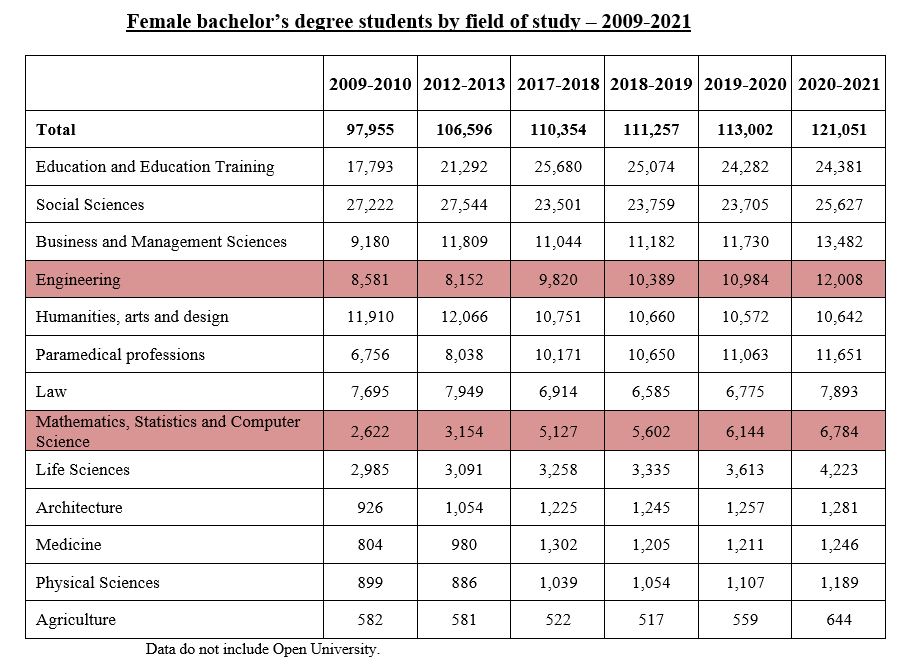Women in Academia
Women – bachelor’s degree studies
- Multiannual Outlook – continued increase in the number of women – all degrees
- The number of female computer science students has doubled (including mathematics and statistics)
- Substantial increase in the number of female engineering students
The impressive growth of high-tech professions was also reflected in the number of women who studied these professions: Since the beginning of the decade, the number of female students who attend bachelor’s degree studies in computer sciences (including mathematics and statistics) was more doubled and grew from 2622 to 6784 in 2020-2021. A substantial increase of 40% was also recorded in engineering studies: from 8581 female students in 2009-2010 to 12,008 female students in 2020-2021. These increases are also the result of the General Program for Strengthening High-tech Professions of the PBC and CHE, under which financial incentives are invested in favor of the distributing scholarships and grants to female students, workshops that present students to high-tech professions, and the provision of support that includes additional extracurricular classes and personal assistance. In total, the percentage of female students who attend (only) high-tech studies among students (in the fields of mathematics, statistics and computer sciences, electrical engineering and electronics, and information system engineering) in 2015-2021 grew from 24% to 29%.
Similarly to the general population, the last decade was characterized by a decrease in the number of social studies and law school students, although, in 2020-2021, with the sharp increase in the general number of students in most academic fields, the number of female students in those fields also significantly increased: social studies – an increase of 2000 students; law school – an increase of 1000 female students. It should be noted that a substantial increase has been recorded over the past decade in the number of female education and education training students, in addition to paramedical students.
Women constitutes 60% of the number of students.
The percentage of female students was 59% in 2020-2021, after a significant increase in their attendance of academic studies, primarily in the 1990s. Women currently constitute a majority in every degree: bachelor’s degree – 58%; master’s degree – 64%; PhD – 53% The number of women who attend advanced degree studies has impressively increased over the years: in 1989-1990, the percentage of women who attend master’s degree studies exceeded 50%, and, as stated, reached 64% in 2020-2021. The increase in the number of women stems, inter alia, from the expansion of master’s degree programs at general academic colleges and teaching colleges, where the rate of women reached 66% and 82%, respectively. The percentage of female students among PhD candidates crossed the 50% threshold for the first time at the end of the 1990s, and increased over the past few years until it reached 53% in 2020-2021.
Multi-annual outlook – More women in academia
| 1989-1990 | 1999-2000 | 2009-2010 | 2017-2018 | 2018-2019 | 2019-2020 | 2020-2021 | |
| Bachelor’s Degree | 53.6 | 57.4 | 54.8 | 58.1 | 58.4 | 58.2 | 58.1 |
| Master's degree | 50.3 | 57.8 | 58.4 | 62.7 | 63.1 | 62.9 | 63.9 |
| PhD | 41.3 | 51.1 | 52.7 | 52.8 | 53.2 | 53.8 | 53.3 |
The Gender Fairness Plan to Increase the Representation of Women among Academic Staff Members
In addition to encouraging women to study high-tech professions, the PBC and CHE are taking measures to expand the representation of women among senior academic staff members and senior academic administrations at higher education institutions. For this purpose, a series of decisions were made to promote this issue pursuant to the recommendations of the Steering Committees headed by Prof. Rivka Carmi, the former President of Ben Gurion University., and by Prof. Ruth Arnon, former President of the Israeli National Academy of Sciences.
And 2019, Prof. Yonina Eldar of the Weizmann Institute was appointed Head of the Steering and Judicial Committee for the Facilitation of Gender Fairness (PBC and CHE). The Gender Equality Program formulated by the Committee that has been recently adopted is in line with the principles determined for promoting women among senior staff members, and it is based on the recommendations of the Steering Committees, which primarily consist of raising the awareness of gender equality at higher education institution, and the hiring and promotion of women among academic staff members in general, particularly in fields in which women’s representation is particularly poor, such as exact sciences and various types of engineering.
The principal points of the program are presented below:
- An output-based index was published for the promotion of gender fairness at institutions that are budgeted by the PBC for the years 2020-2025 – the “Equator” Index, which was formulated by one of the teams of the Steering and Judicial Committee of the CHE/PBC: Prof. Ruth Halperin Kadri, Prof. Naama Shefi and Michal Bar-Asher Sigal. The purpose of the Index is to incentivize institutions to examine the challenges they face in this context, and to take measures to augment women’s representation among senior academic staff members, among decisionmakers and senior academic officers, and members of facilitation and recruitment committees, with the long-term objective being the achievement of gender equality and parity among men and women among senior staff members and senior officers at institutions. The institutions that participate in the program will receive budgets according to the degree of their success in achieving the various objectives that were predefined by them and approved by the Steering and Judicial Committee for the Facilitation of Gender Fairness of the CHE/PBC. All budgeted universities at 15 academic colleges have submitted strategies in the framework of this index, and those plans are currently being examined by the Steering and Judicial Committee for the Facilitation of Gender Fairness of the CHE/PBC.
- Determining criteria for the President’s Advisor on General Fairness: Powers, profile, term of office, compensation, subordination, etc.: as a precondition for participating in the “Equator” Index, and, as of 2021-2022, the institutions’ compliance with those criteria will constitute a condition for receiving the advisor’s budget.
- Scholarships for outstanding female PhD candidates: USD 30-40 thousand a year (for two years). The amount of the scholarship will be determined according to the candidate’s marital status. Under the program, which will begin in 2020-2021 in collaboration with the Zuckerman Foundation, up to 30 new scholarships will be granted every year. It should further be noted that candidates who were admitted into the combined post-doctorate program may also apply for this program, some of which takes place in Israel and some overseas, in order to allow outstanding candidates to complete a high-quality post-doctorate program while minimizing the difficulties entailed in relocating the candidate’s family for further education purposes, etc.
- Scholarships for PhD candidates and outstanding students (research-based master’s degree in high-tech fields): the scholarship amount for PhD candidates is NIS 60 thousand a year for 3 years, and the scholarship amounts for master’s degree students is also NIS 60 thousand a year for 2 years. Under both programs, up to 10 new scholarships are granted every year.
- Competitive budget in support of system-wide projects that facilitate gender fairness in academia, including a focus on encouraging women to enroll in postdoctoral programs and returning and integrating them back in Israel.
- Updated procedures and guidelines: scholarships (Alon, Maof etc.); guidelines for creating new curricula; self-assessment reports, etc.; the procedures of the Supreme Professor Appointment Committees.
- Continuing the process of raising awareness of gender fairness in higher education institutions, including the continued filing of annual gender reports by the institutions.



